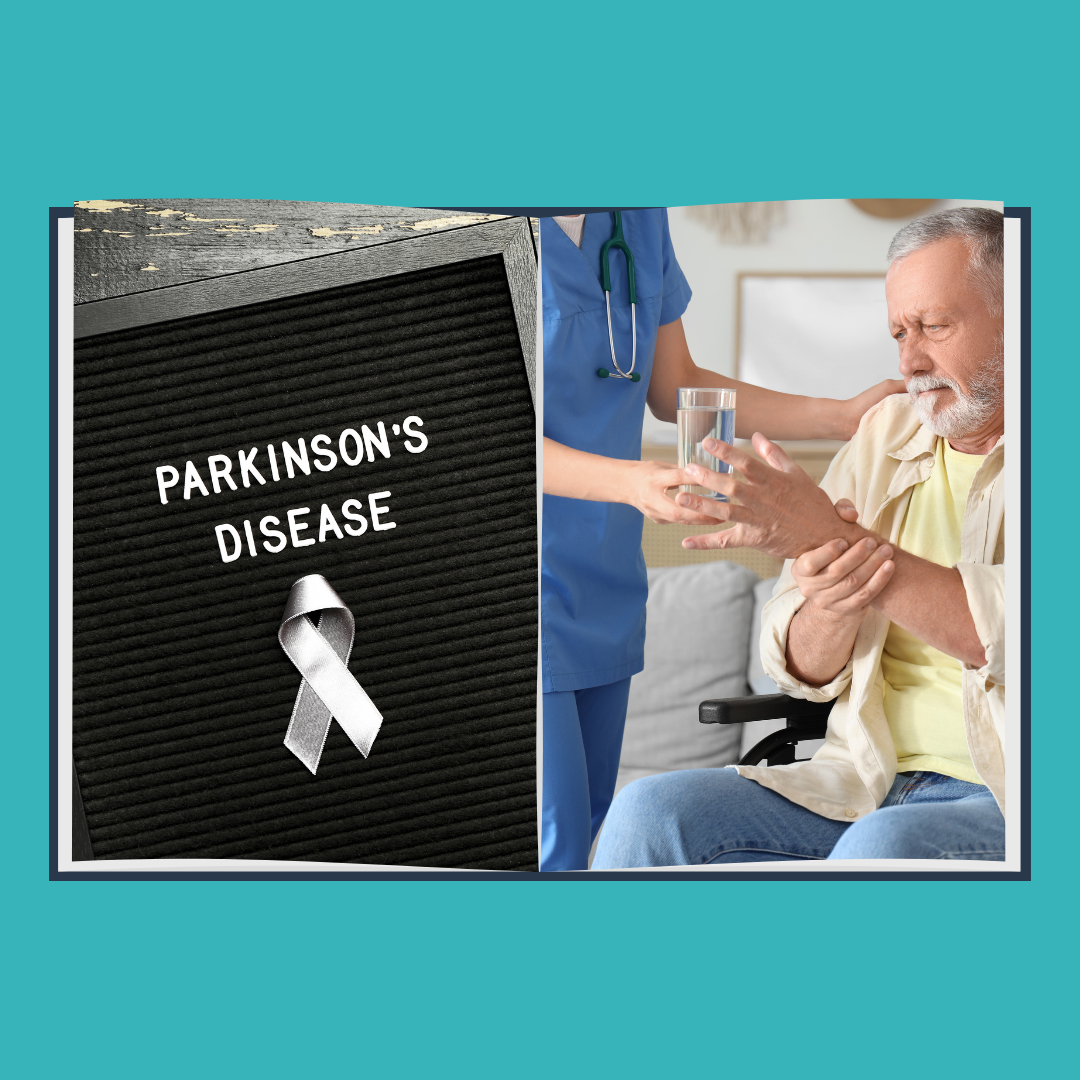New Paragraph
Discharge Instructions for Heart Failure: A Comprehensive Guide
Heart failure is a condition where the heart doesn't pump blood as effectively as it should, leading to fatigue, shortness of breath, and fluid buildup in the body. Being discharged from the hospital after heart failure treatment is a significant step in your recovery, but it also means that you need to be proactive about your health to avoid complications and hospital readmission.
In this blog, we’ll go over essential discharge instructions, focusing on key areas such as Home Care, Follow-Up and When to Call Your Doctor, Diet Changes, Coping with Heart Failure, and Medications, among others.
Home Care
Once you're home, it's crucial to follow a care plan that ensures your heart is working as efficiently as possible. Here are some key aspects of home care for heart failure:
- Weigh Yourself Daily: A sudden increase in weight can indicate fluid buildup. Weigh yourself every morning after using the bathroom but before eating, and keep a record of your weight.
- Monitor Symptoms: Watch for symptoms like shortness of breath, swelling in the legs or feet, increased coughing, or extreme fatigue. These may signal that your heart failure is worsening.
- Stay Active, But Be Cautious: Exercise can help improve heart function, but overexertion may worsen your condition. Follow the guidelines your doctor provides, often starting with gentle activities like walking.
- Rest When Needed: Fatigue is common in heart failure patients. Listen to your body, and don’t hesitate to take short breaks during activities.
Follow-Up and When to Call Your Doctor
Keeping track of your health through regular follow-ups with your healthcare provider is crucial. At your discharge, you will likely have scheduled appointments with your doctor or cardiologist.
- Follow-Up Appointments: Make sure to keep all follow-up appointments. Your healthcare provider will monitor your condition, adjust medications, and check for any signs of worsening heart failure.
- When to Call Your Doctor: Knowing when to seek help can prevent your condition from worsening. Call your doctor if you experience:
- Sudden weight gain of more than 2-3 pounds in a day or 5 pounds in a week
- Increased swelling in your feet, ankles, or legs
- Shortness of breath or chest pain
- Difficulty breathing when lying flat
- A persistent cough, especially if it’s producing white or pink-tinged mucus
In cases of severe symptoms like intense chest pain or sudden shortness of breath, call 911 immediately.
Making Changes to Your Diet
Diet plays a crucial role in managing heart failure. Adopting a heart-healthy diet helps control symptoms and prevent fluid buildup. Here are the primary areas to focus on:
- Reading Food Labels: Get into the habit of reading nutrition labels, paying special attention to sodium (salt) content. Aim to limit your daily sodium intake to less than 1,500-2,000 mg, depending on your doctor’s advice. Look out for hidden sodium in packaged and processed foods.
- Eating Less Salt: Excess salt can cause your body to retain fluids, worsening heart failure. Here are some tips to reduce sodium:
- Use herbs and spices instead of salt to flavor your food.
- Avoid canned and processed foods, which are often high in sodium.
- Choose low-sodium options whenever possible.
- Limiting Fluid Intake: Some people with heart failure are advised to limit fluid intake to prevent fluid buildup. This may include monitoring how much water, tea, coffee, or other fluids you drink throughout the day. Follow your doctor’s instructions if you're advised to limit your fluid intake.
Coping with Heart Failure
Living with heart failure can be challenging, both physically and emotionally. Here are a few ways to cope and improve your quality of life:
- Ways to Feel Better:
- Stay Active: Light physical activities, such as walking or yoga, can improve your energy levels and mood.
- Rest When Needed: Don’t hesitate to rest if you’re feeling fatigued.
- Healthy Sleep: Sleeping with your upper body slightly elevated (using pillows or a wedge) can help reduce shortness of breath and improve sleep quality.
- Ask for Help: Heart failure can feel overwhelming, so don’t hesitate to ask for help. Lean on friends, family, or a professional caregiver to assist you with tasks or to provide emotional support. You may also consider joining a support group to connect with others who understand what you’re going through.
Home Care Plan
Your healthcare team will likely provide you with a detailed home care plan. This will include:
- Diet and Exercise Recommendations: Specific instructions regarding what and how much you should eat and what physical activities you should engage in.
- Daily Monitoring: Instructions on how to monitor your weight and track symptoms.
- Medication Plan: A detailed schedule of your medications, when to take them, and any possible side effects to watch for.
Medications
One of the most crucial components of managing heart failure is sticking to your medication plan. You may be prescribed several different types of medications, including:
- Diuretics (Water Pills): These help reduce fluid buildup, alleviating symptoms like swelling and shortness of breath.
- ACE Inhibitors or ARBs: These medications help relax blood vessels, making it easier for the heart to pump blood.
- Beta-Blockers: These help reduce the heart’s workload by slowing down your heart rate.
It is essential to take your medications exactly as prescribed. If you have questions about the side effects or miss a dose, contact your healthcare provider right away.
Risk Factors for Heart Failure
Heart failure is often a long-term condition, and certain risk factors can increase the likelihood of complications. These include:
- Uncontrolled High Blood Pressure: High blood pressure puts extra strain on the heart and can worsen heart failure over time.
- Coronary Artery Disease: If your arteries become blocked, your heart must work harder, increasing the risk of heart failure.
- Diabetes: High blood sugar levels can damage the blood vessels and heart, leading to heart failure.
- Smoking and Alcohol Use: Smoking and excessive alcohol consumption can weaken your heart and blood vessels, worsening heart failure symptoms.
Managing heart failure after discharge is about staying proactive, making lifestyle changes, and following your healthcare provider's instructions closely. Understanding your condition and maintaining a detailed home care plan, proper diet, regular follow-ups, and medication adherence are key to preventing worsening symptoms and reducing hospital readmission.
If you ever feel unsure or overwhelmed, don’t hesitate to ask for help—whether from a healthcare professional, a caregiver, or a loved one. With proper care and attention, you can manage heart failure and improve your quality of life.









